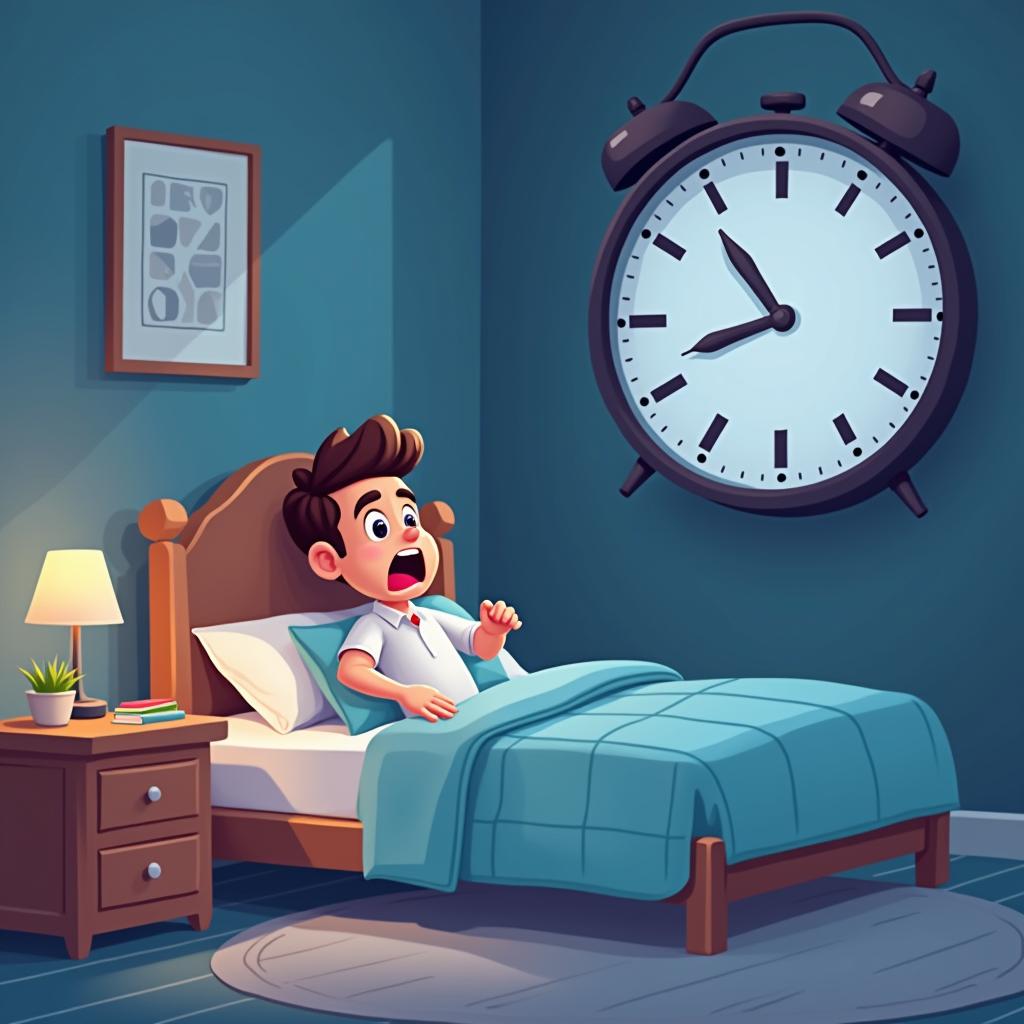For entrepreneurs, maintaining a consistent bedtime can be one of the most important yet challenging tasks. The hustle culture often glorifies long hours and sleepless nights, but this can lead to burnout and decreased productivity. Finding the right balance between work and rest is crucial for sustainable success. Here are some valuable tips for establishing a consistent bedtime that can help entrepreneurs optimize their health and productivity.
The Importance of a Consistent Bedtime
Before diving into the tips, it’s essential to understand why a consistent bedtime is vital for entrepreneurs. Our bodies thrive on routine, and a regular sleep schedule helps regulate the internal body clock. This, in turn, enhances sleep quality, improves cognitive function, and boosts overall mood. For entrepreneurs who face myriad challenges daily, maintaining mental clarity and emotional stability is paramount.
Set a Clear Goal for Sleep
Establishing a consistent bedtime begins with setting a clear goal for sleep. Ideally, adults need around 7-9 hours of sleep per night. Start by determining what time you need to wake up to meet your daily goals. From there, calculate your ideal bedtime. For instance, if you need to wake up at 6 AM, aim to be asleep by 10 PM to hit the target of 8 hours. Having a specific objective makes it easier to plan your evening.
Create a Relaxing Pre-Sleep Routine
A pre-sleep routine is paramount in signaling your body that it’s time to wind down. Engage in calming activities that you enjoy without the stressors of the day. This routine could involve:
- Reading a physical book that interests you
- Practicing yoga or meditation
- Taking a warm bath to relax your muscles
- Listening to soothing music or white noise
The aim is to lower your heart rate and prepare your mind for rest. Adopting this routine can create associations between these activities and sleep, making it easier to drift off.
Limit Screen Time Before Bed
In today’s technology-driven world, it’s easy to fall into the trap of scrolling through phones or working on laptops right before bed. However, the blue light emitted from screens can significantly disrupt your sleep cycle by inhibiting melatonin production. It’s advisable to limit screen time at least 1 hour before your desired bedtime. Instead, replace screen time with relaxing alternatives like reading or listening to podcasts that help you decompress.
Optimize Your Sleep Environment
Your sleep environment plays a crucial role in determining the quality of your slumber. Consider the following elements:
- Darkness: Use blackout curtains or eye masks to block out light.
- Noise: Consider earplugs or white noise machines to muffle disruptive sounds.
- Comfort: Invest in a high-quality mattress and pillows that provide support.
- Temperature: Keep your bedroom cool. Most people find a temperature between 60°F to 67°F optimal for sleep.
By creating a comfortable and peaceful environment, you will increase your chances of falling asleep quickly and enjoying deeper sleep.
Be Mindful of Your Diet
What you consume throughout the day can impact your sleep quality at night. Here are some dietary tips for better sleep:
- Limit caffeine intake in the afternoon and evening. Caffeine can stay in your system for several hours and affect your ability to fall asleep.
- Avoid heavy meals right before bed. Eating too close to bedtime can lead to discomfort that disrupts your sleep.
- Incorporate sleep-promoting foods into your diet, such as almonds, chamomile tea, and kiwi.
Paying attention to your diet can help pave the way for a consistent bedtime and improved overall health.
Stick to a Sleep Schedule
Consistency is key when it comes to developing a regular bedtime. Try to go to bed and wake up around the same time every day, even on weekends. This helps regulate your body’s internal clock. A consistent schedule makes it easier to fall asleep and wake up feeling refreshed and energized.
Manage Stress Effectively
As an entrepreneur, stress is almost inevitable. However, managing your stress levels can greatly affect your ability to sleep. Practice stress-reduction techniques such as:
- Mindfulness meditation
- Deep-breathing exercises
- Setting aside dedicated work hours to avoid work-life overlap
By proactively managing stress, you can create a more conducive mindset for sleep at the end of your day.
Use Technology Wisely
While it’s important to limit screen time before bed, technology can also help in establishing a consistent bedtime. Sleep tracking apps can monitor your sleep patterns and provide insights into how you can improve your rest. Additionally, consider setting reminders on your phone to alert you when it’s time to start your wind-down routine.
Seek Professional Help if Needed
If you find it consistently difficult to maintain a steady bedtime or suffer from ongoing sleep issues, it may be beneficial to seek professional help. A sleep specialist can provide valuable advice tailored to your specific needs and can help you identify any underlying issues contributing to poor sleep patterns.
Conclusion
Establishing a consistent bedtime is of utmost importance for entrepreneurs seeking to enhance their productivity and overall well-being. By incorporating these tips into your daily routine, you can improve your sleep quality, reduce stress, and ultimately create a more balanced and productive lifestyle. Remember that entrepreneurship is a marathon, not a sprint, and the key to long-term success often lies in maintaining a healthy balance between work and rest. Prioritize your sleep, and you will reap the benefits in every aspect of your life.







